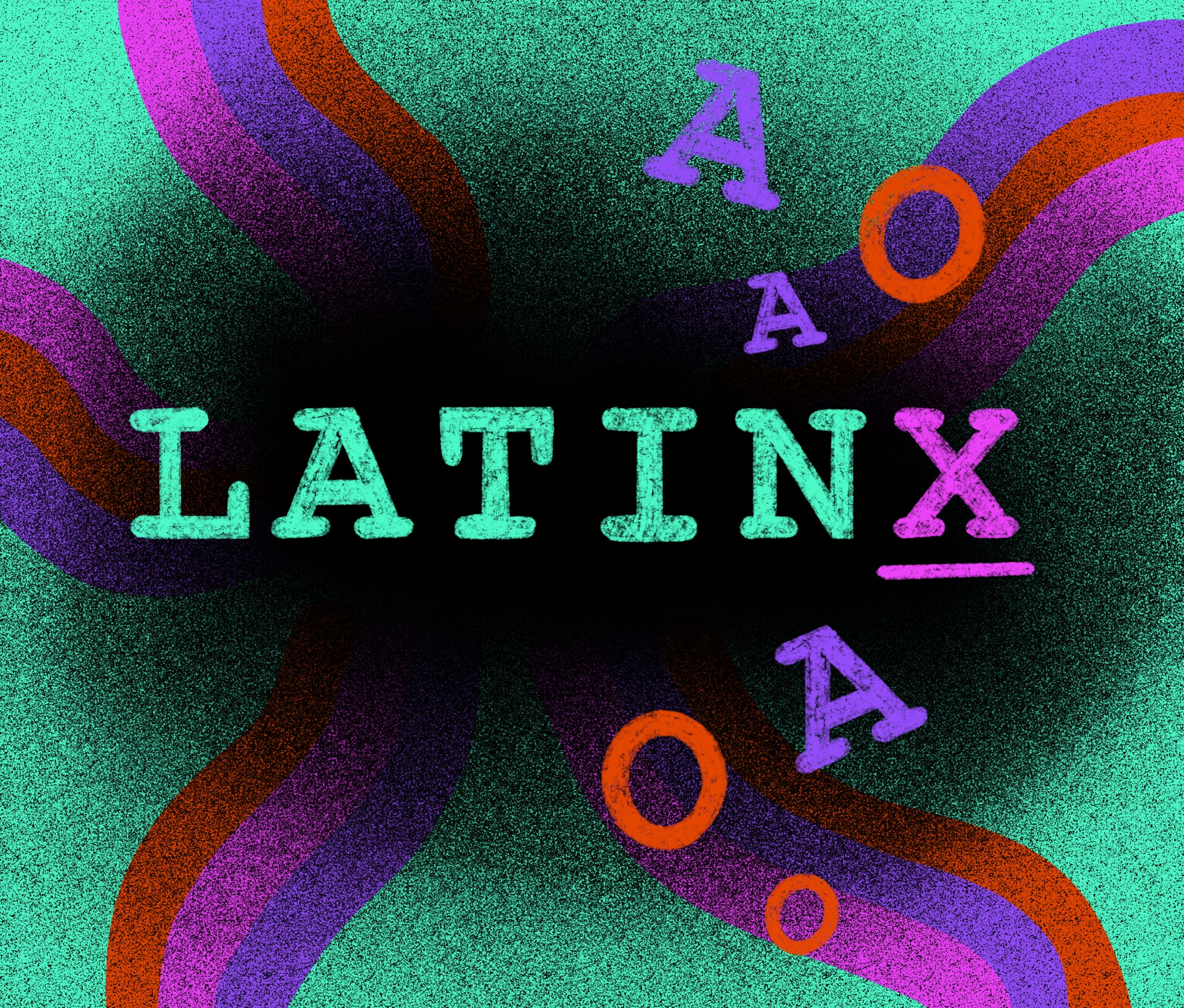When to Use Latino, Latina, or Latinx
Latino, Latina, or Latinx? Here's How to Use These Terms

Illustration by Fabiola Lara | Fabiolita.com
If you've been online, you've probably seen the term "Latinx" being tossed around on Twitter, Instagram, and online forums. If you're not entirely sure what "Latino," "Latina," or "Latinx" means — or why all these terms exist — I'm here to set things straight for you.
"Latino" and "Latina" are terms used to describe a man or woman who is culturally or ethnically from Latin America. Generally, the countries classified as part of Latin America are those in Mexico, Central America, South America, and parts of the Caribbean. In Spanish, you use the "-o" or "-a" ending on nouns or adjectives depending on if you're using a masculine or feminine pronoun.
For example:
Male — "He is Latino" or "El es Latino."
Female — "She is Latina" or "Ella es Latina."
As you can see, the Spanish language is heavily gendered by design, so the term "Latinx" has become increasingly popular as a gender-neutral term for those who don't subscribe to the gender binary. Latinx can be used for those who identify as male, female, or anywhere along the gender spectrum. Consider it a modern-day replacement that makes all our lives a bit simpler, and I personally encourage everyone to use this widely-accepted term whenever possible as a way to slowly dismantle the patriarchy.
For example:
Gender-inclusive — "They are Latinx."
Beyond Latinx, it has become very popular to replace masculine "o's" and feminine "a's" in the Spanish language with a gender-neutral "x" for the same aforementioned reason. This is convenient for common greetings in Spanish since usually you would be forced to translate "hey guys" or "hey girls" to "hola chicos" or "hola chicas," but now you have the option of using the inclusive "hola chicxs" to bundle it all together. The rise of the "-x" allows everyone to save themselves the trouble of using gendered —and even sexist— language while adapting it to fit our needs.
For example:
Gender-inclusive — "They are a Latinx band" or "Ellxs son un grupo Latinx".
Now don't get overwhelmed with all these terms, and just remember that "Latino," "Latina," and "Latinx" all refer to someone or people of Latin American origin, while "Latinx" is a gender-inclusive and intersectional upgrade to the same term.






